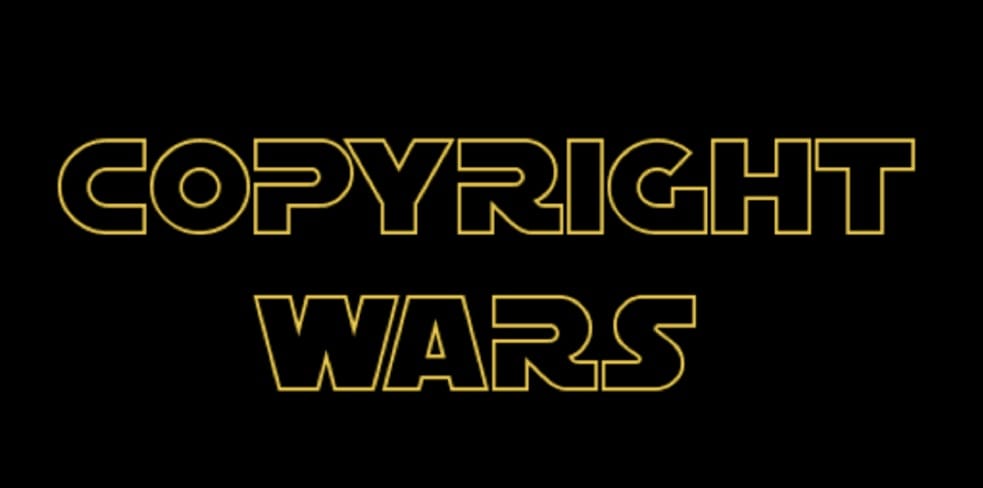Why the Copyright War Matters
The incursion into the Copyright Office is another blatant attack on democracy

With the Copyright Office now in the crosshairs of Elon Musk’s brocephus goons, I am reproducing sections of a post from December contemplating whether OA feeds fascism.
Undermining copyright is one main way it does it. Copyright distributes power to citizens, companies, and private interests of various types. Eliminating or diminishing copyright protections in the pursuit of government power is a path toward authoritarianism.
I quote extensively from David Golumbia’s book, Cyberlibertarianism: The Right-Wing Politics of Digital Technology. I still recommend it. It has only become more relevant — much it foreshadowed is unfolding now and makes the notion that the libertarians of Silicon Valley have more in common with anti-democratic forces than we might care to believe.
December 2, 2024
Golumbia’s first point that really hits home is how ideologies like OA and cyberlibertarianism writ large are fundamentally contradictory and anti-democratic. Copyright is a primary example, with Golumbia noting that:
Copyright may well be the signal cyberlibertarian issue. Mentioned in all the founding documents, hallowed in slogans and battle cries, few causes have rallied universal outrage so long as has copyright.
OA claims — along with other cyberlibertarians — that its politics is “democratizing,” while what it actually creates are anti-democratic forces. For centuries, democracies have consistently established and enforced copyright to protect individual creators’ rights, strengthening these via treaties between representative governments using processes and procedures deemed valid by these duly elected and empowered governments.
Copyright (and patents, and other IP protections like trademarks) represent democratically resolved social contracts and legal, even Constitutional, protections for individuals and organizations, and have been roughly settled in concept and propriety for centuries.
Yet, OA advocates and the corporations using OA to their own ends seek to undermine and reject copyright. They have even created and celebrated — and imposed — quasi-legal entities like Creative Commons to promulgate a body of contract functions dependent on copyright, yet fail to acknowledge the contradiction here as well. CC licenses feed corporate interests in free content, yet were not formulated via democratic deliberations via representative governance. In fact, the powers behind Creative Commons are companies like Google. Yet, things like CC-BY are labeled as “democratizing” by cyberlibertarians when in fact they are “corporatizing.”